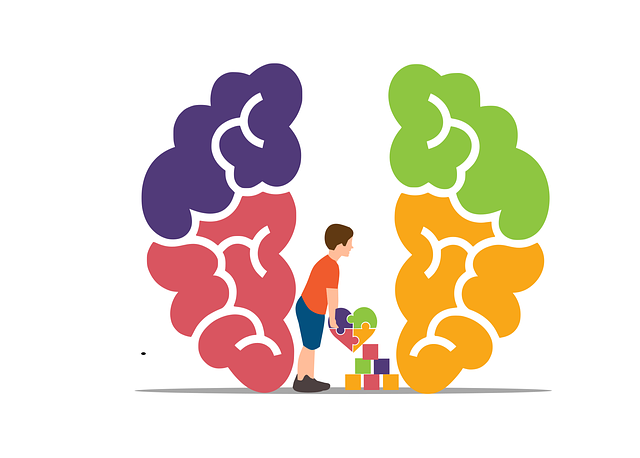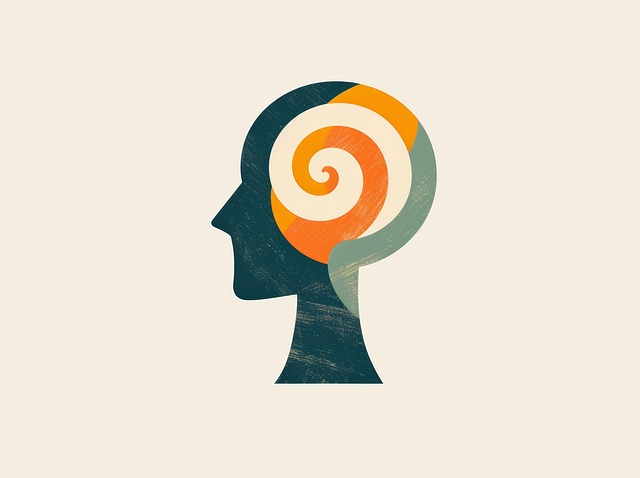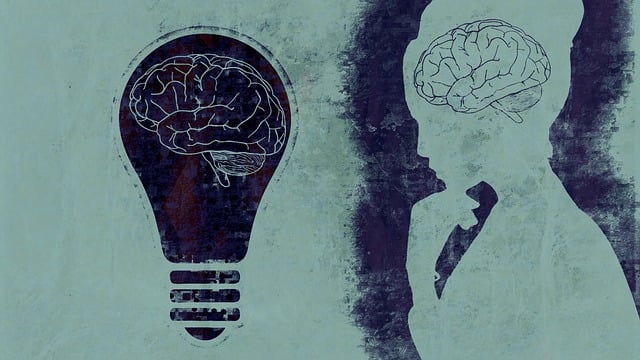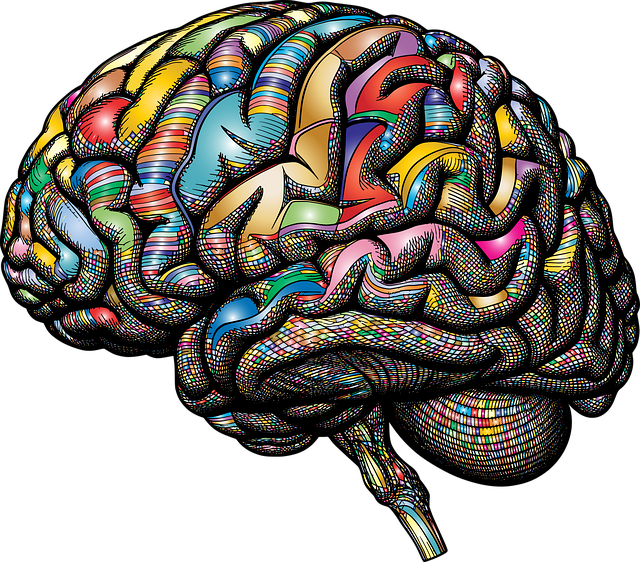Mindfulness meditation, adapted from ancient Buddhist practices via Cognitive Processing Therapy (CPT), is an innovative therapy for children. CPT integrates mindfulness with cognitive restructuring to help kids process trauma and develop healthier coping mechanisms, enhancing emotional regulation, self-awareness, and social interactions. Regular practice enables children to manage emotions, improve concentration, and cultivate calm, contributing to overall mental wellness coaching. Integrating mindfulness into daily routines from a young age can significantly benefit mental health, promoting calmness and present-moment awareness through simple practices tailored to different ages and personalities.
“Unwind and explore the transformative power of mindfulness meditation, a practice gaining traction as a beneficial tool for children. This comprehensive guide delves into the art of mindfulness, offering insights on how it can enhance young minds. We examine ‘Understanding Mindfulness Meditation for Children’ and its intersection with Cognitive Processing Therapy, highlighting practical tips for parents and educators. Discover the numerous benefits and considerations when integrating mindfulness into childrens’ lives.”
- Understanding Mindfulness Meditation for Children
- The Role of Cognitive Processing Therapy
- Practical Tips for Implementing Mindfulness Practice
- Benefits and Considerations for Young Minds
Understanding Mindfulness Meditation for Children

Mindfulness meditation has gained recognition as a valuable tool for children’s mental health and well-being. It involves teaching young minds to focus on the present moment, cultivating awareness of their thoughts and emotions without judgment. This practice is rooted in ancient Buddhist traditions but has been adapted and integrated into various therapeutic approaches, including Cognitive Processing Therapy (CPT). CPT combines mindfulness techniques with cognitive restructuring to help children process traumatic experiences and develop healthier coping mechanisms.
By incorporating mindfulness meditation into therapy sessions, professionals can offer trauma support services and crisis intervention guidance tailored to children’s unique needs. These practices encourage self-regulation, emotional intelligence, and enhanced cognitive processing. Through regular practice, children learn to navigate their feelings, improve concentration, and develop a deeper sense of calm, all of which contribute to their overall mental wellness coaching programs development.
The Role of Cognitive Processing Therapy

Cognitive Processing Therapy (CPT) plays a significant role in mindfulness meditation practices for children. CPT focuses on helping kids understand and manage their thoughts, emotions, and behaviors by identifying and challenging negative thought patterns. This therapy teaches them to replace those patterns with more positive and balanced perspectives, enhancing their overall well-being. By integrating these principles into mindfulness meditation, children can develop better emotional regulation skills and improve their social interactions through enhanced self-awareness and positive thinking.
Social Skills Training is another aspect that CPT incorporates into the meditation process. This involves teaching children how to recognize and respond appropriately to social cues, thereby fostering healthier relationships. The Mind Over Matter principles, which emphasize the power of the mind in shaping reality, are also woven into the fabric of these practices. Through mindfulness meditation, kids learn to focus on the present moment, cultivating a deeper sense of calm and clarity that can transform their mental landscape and contribute to improved academic performance and enhanced quality of life.
Practical Tips for Implementing Mindfulness Practice

Integrating mindfulness into your daily routine can be a powerful tool for mental wellness, and it’s never too early to start—even children can benefit from this practice. For parents or educators looking to introduce mindfulness to young minds, consider starting with simple techniques that promote presence and awareness. Encouraging children to focus on their breath, observe their surroundings, or engage in mindful movement activities like yoga or walking can help cultivate a sense of calm and present-moment awareness. These practices not only enhance self-esteem but also provide an excellent foundation for Cognitive Processing Therapy (CPT), which can be particularly beneficial in navigating trauma or challenging behaviors.
When implementing mindfulness, it’s essential to tailor the approach to different age groups and personalities. For younger children, using playful language and incorporating imaginative stories can make the practice more engaging. Age-appropriate activities, such as mindful coloring or nature walks, allow them to explore their senses and emotions in a safe environment. As they grow, guiding them through more structured meditations can help build resilience and emotional intelligence. Moreover, integrating mindfulness into family routines, like sharing mindful moments during meals or before bedtime, can create a sense of consistency and support for mental health, even facilitating the production of a Mental Wellness Podcast Series that inspires others to embrace this holistic therapy.
Benefits and Considerations for Young Minds

Mindfulness meditation offers a powerful tool for young minds to navigate the complexities of growing up. Regular practice can significantly benefit children’s mental health and cognitive development. By teaching them to focus on the present moment, mindfulness helps to reduce anxiety and stress levels, which are often heightened in young individuals dealing with school pressures, peer relationships, and personal challenges. This ancient practice promotes self-awareness, allowing children to better understand their emotions and impulses, leading to improved decision-making skills and conflict resolution techniques.
When incorporated into daily routines, mindfulness meditation can foster a sense of calm and enhance cognitive processing abilities. It encourages young minds to develop resilience in the face of adversity, enabling them to manage stress more effectively. Moreover, regular practice may contribute to self-esteem improvement by helping children connect with their inner thoughts and feelings without judgment, fostering a positive sense of self. As such, mindfulness serves as an innovative therapy for children, offering a holistic approach to nurturing mental well-being alongside the development of essential life skills.
Mindfulness meditation offers a powerful tool for enhancing cognitive flexibility and emotional regulation in children, as supported by Cognitive Processing Therapy. By integrating practical tips into daily routines, parents and educators can foster a sense of calm and awareness that benefits young minds. The benefits of mindfulness extend to improved focus, reduced stress, and enhanced overall well-being, making it a valuable addition to any child’s mental health toolkit.










